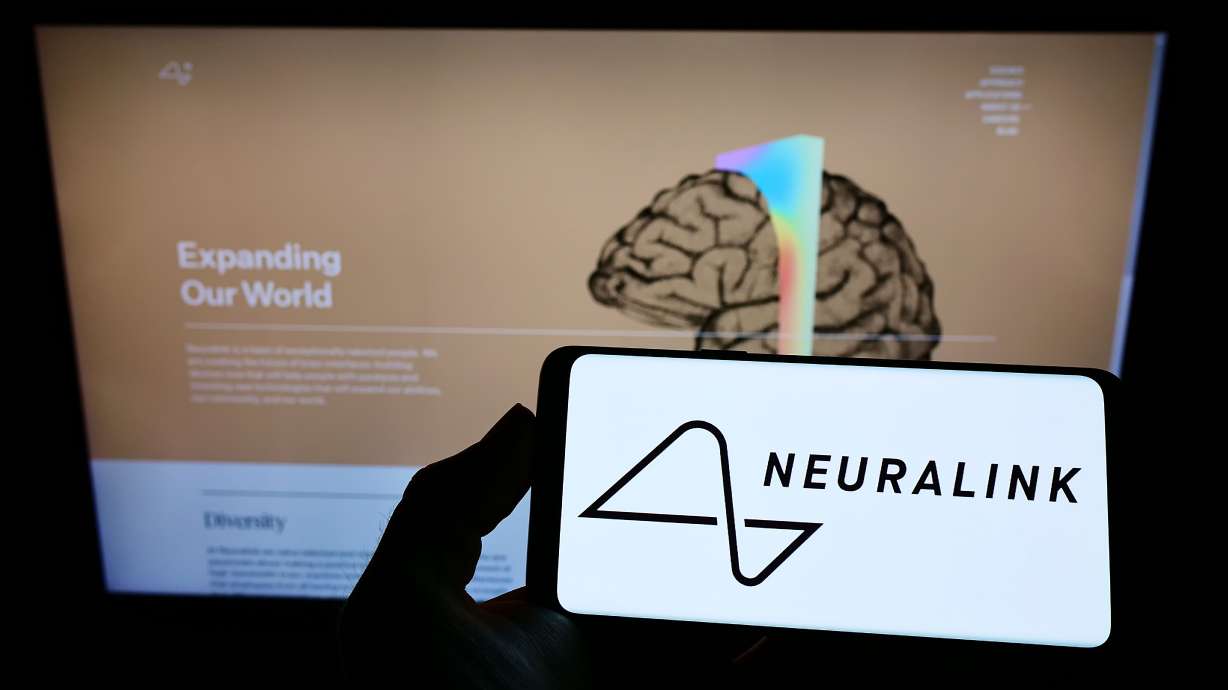Estimated read time: 2-3 minutes
This archived news story is available only for your personal, non-commercial use. Information in the story may be outdated or superseded by additional information. Reading or replaying the story in its archived form does not constitute a republication of the story.
FREMONT, Calif. — One of Elon Musk's lesser-known endeavors, the brain implant startup Neuralink, took a major step forward Thursday when the FDA cleared the company to begin in-human clinical trials.
Neuralink says its brain implant, designed as an interface to connect brain function with an outboard electronic device, has the potential to aid those with severe disabilities.
Neuralink's brain-machine interface device uses small electrodes implanted into the brain to record the electrical activity of neurons, according to a breakdown on the Findlight blog. This information is then sent to a computer for analysis, which uses it to control external devices such as a robotic arm or a computer cursor. The electrodes are made of a flexible, biocompatible material that can detect the electrical signals, also called "spikes" or "action potentials," produced by neurons when they communicate with one another. The chip processes the signals from the electrodes and sends them wirelessly to a small computer worn behind the ear, which would then connect to the internet and other devices.
According to Reuters, Thursday's FDA approval follows the agency's denial of a 2022 Neuralink application for human trials over concerns about the lithium battery in the device, the possibility of the implant's wires migrating within the brain and the challenge of safely extracting the device without damaging brain tissue.
Neuralink has been testing its implant on primates for several years and in 2021 posted a video of a 9-year-old macaque subject controlling a computer cursor using only brain signals detected and routed through the implant.
In addition to helping patients with paralysis, experts believe brain-computer interfaces like Neuralink could someday help treat maladies like blindness and mental illness, according to CNBC. Musk has expressed his intent for Neuralink to explore these future use cases, as well as potential applications for healthy people. Neuralink says it is not yet signing up potential candidates for upcoming clinical trials.
At a "show and tell" recruitment event late last year, Musk even claimed he plans to someday receive one of Neuralink's implants himself.
"You could have a Neuralink device implanted right now and you wouldn't even know," Musk said at the time. "In fact, in one of these demos, I will."
Musk co-founded Neuralink in 2016 with a group of neuroscientists and since its launch, the Fremont, California-based startup has attracted over $360 million in investment, according to Crunchbase.










